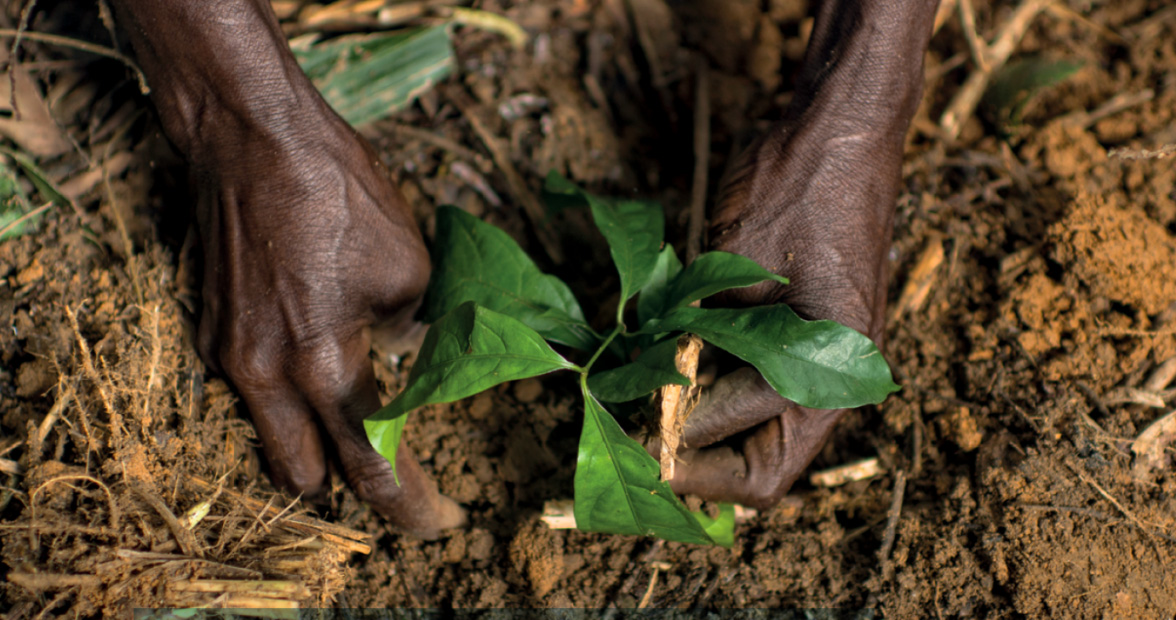Safavi Philanthropic Foundation Climate Research Endowed Fund
Experts discuss COP22 and the significant strides that were made in the adoption of a gender and climate policy decision. Mary Robinson, President of the Mary Robinson Foundation – Climate Justice and Former President of Ireland; Jonathan Pershing, Special Envoy for Climate Change for the US Department of State; and Lorena Aguilar, Global Senior Gender Adviser for IUCN address the particular effect that climate change has on women as well as women’s role in mitigating and adapting to environmental change. They call for full implementation of the COP22 gender decision moving forward.
© Georgetown Institute for Women, Peace & Security
Climate change is a global challenge that burdens all of humanity, but not equally.
The world’s poor, the majority of whom are women, are encumbered disproportionately. The distinct impacts of climate change on men and women are exacerbated in settings that are also affected by violent conflict, political instability, and economic strife. As the world struggles to grapple with rapid onset disasters as well as respond to slower degradation caused by climate change, it is critical to ensure that women – from different backgrounds – are able to lead in negotiations and participate in the design and implementation of programs, and that gender issues are firmly on the climate agenda.

Our recent research study explores how local women are fostering climate-resilient communities in Colombia, Sudan & Nepal, while our latest report focuses on concrete recommendations for inclusive local-level adaptation within the agriculture and energy sectors.
The Climate-Gender-Conflict Nexus
Executive Summary
Climate change is widely and increasingly recognized as a “threat multiplier” that can contribute to heightened fragility. But, conflict is not inevitable.
Women at the grassroots are uniquely positioned to contribute to sustainable natural resource management, climate-resilient communities, and enhanced peace and stability. For policymakers and practitioners, promoting women’s contributions can accelerate gains across peace, conservation, and sustainability.
Authored By: Dr. Jessica Smith, Lauren Olosky, and Jennifer Grosman Fernández
Chapter 1 of the report explores the linkages between climate change and conflict and how gender is a cross-cutting lens through which people experience both issues.
Chapter 2 investigates the gaps in frameworks, policy, knowledge, and evidence within the climate-gender-conflict nexus. It outlines that while commitments and action continue to advance gender equality globally, policymakers and practitioners are siloed in their respective climate, gender, and security spheres.
Chapter 3 studies how the dynamics of climate change and conflict are unfolding in Colombia, Sudan, and Nepal and how in each case, women are contributing to enhanced peace and sustainability in their local communities despite gendered obstacles.
The final chapter of the report is a real-time call for policymakers and practitioners to invest in research and policy within the climate-gender-conflict nexus and address five priority areas of action:
- Buffer the disproportionate vulnerabilities women bear from climate change impacts.
- Center women as crucial actors in climate, peace, and security.
- Strengthen linkages between the different levels and sectors in the climate-gender-conflict nexus.
- Address knowledge gaps within the nexus.
- Promote women’s leadership in climate-related conflict mitigation and prevention and reduce barriers to inclusion.



